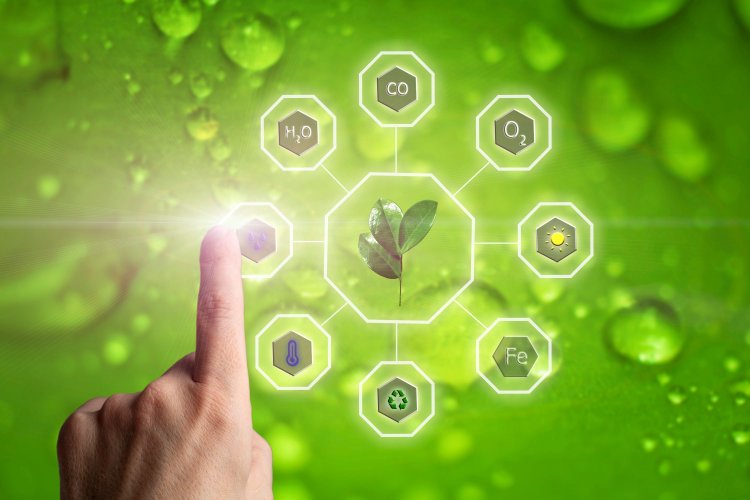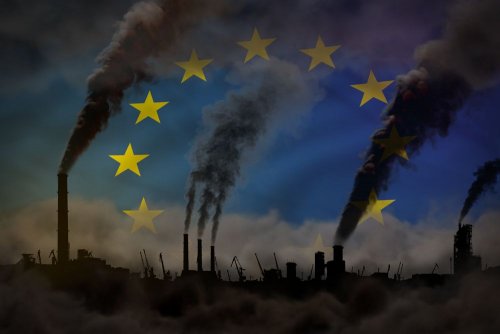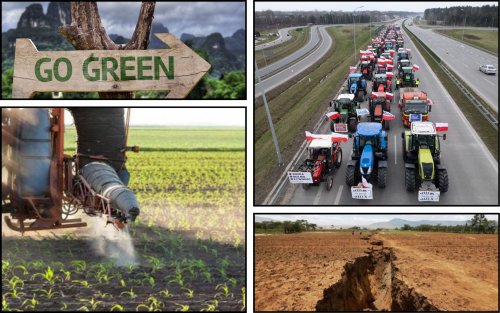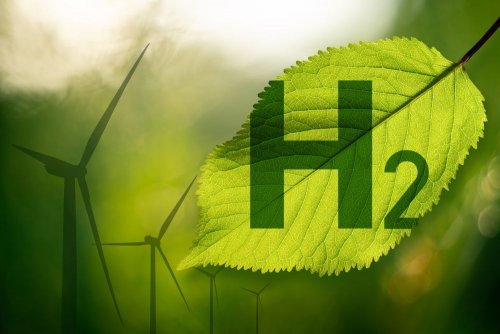The European Commission adopted a package of decisions on the sustainable use of key natural resources, including soils, agricultural plants with new genomic methods, and the reduction of textile and food waste.
This will strengthen the sustainability, in particular, of the EU's food systems and agriculture, reports the European Commission.
It is noted that the new norms will contribute to:
- safe use of technical progress in new genomic methods;
- creation of climate-resistant cultures;
- reducing the use of chemical pesticides;
- improving seed quality;
- reduction of food and textile waste.
The report emphasized that currently about 60 to 70% of soils in the EU are "unhealthy", and every year erosion destroys a billion tons of fertile soil. The costs associated with soil degradation are estimated at over €50 billion per year.
It is noted that the new EU law on increasing the value of soil and its resources offers a definition of soil health, creates a comprehensive and coordinated monitoring system, and promotes sustainable soil management and reclamation.
The press service explained that the new regulations will help farmers implement advanced processing methods, as well as increase soil fertility and yield, while reducing water and nutrient consumption. However, the rules do not impose any direct obligations on landowners and land managers.
It is noted that member states should define positive and negative methods of soil management, as well as regeneration measures. In addition, they must eliminate unacceptable risks to human health and the environment due to soil pollution, guided by the "polluter pays" principle.
The message emphasized that the new rules also provide for more sustainable food systems with new genomic methods (NGT). Thus, NGT plants are more resistant to climate change, pests and diseases, and also require less fertilizer and will have safe higher yields. Cultivation of the NGT plant will halve the use of chemical pesticides, as well as reduce the EU's dependence on agricultural imports.
It is noted that the new rules also concern increasing the sustainability and diversity of plants and forest reproductive materials. The proposal would update and simplify existing rules, some of which are more than 50 years old.
The message explained that the rules are designed to reduce bureaucratic pressure, increase the variety and quality of seeds, in particular, increase resistance to climate change, diseases and pests. This will help preserve biodiversity and contribute to food security.
The press service emphasized that every year in the EU, about 59 million tons of food are thrown away, that is, 131 kg per inhabitant, the market value of which is estimated at €132 billion. The majority of food waste (53%) is generated in households, 20% in the processing and production sectors. Fighting food waste will preserve food for human consumption and thereby contribute to food security.
The European Commission proposes that member states reduce food waste by 10% in processing and manufacturing and by 30% (per capita) in retail and consumption (restaurants, catering establishments and households) by 2030.
It is noted that textile waste also burdens natural resources. About 78% of such waste is incinerated or landfilled. The new regulations make producers responsible for the full life cycle of textile products and support the sustainable management of such waste in the block.
The message emphasized that the proposals must now be supported by the European Parliament and the Council of the EU.
Earlier, EcoPolitic wrote, that in May 2023 the European Commission postponed the adoption of four key legislative acts of the Green Course regarding food and biodiversity.
As EcoPolitic previously reported, experts from the European Sustainable Investment Forum (Eurosif) criticized the European Commission for reducing the ambitions of the (ESRS) standards projects.





